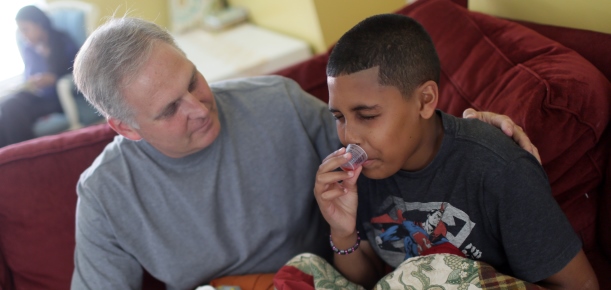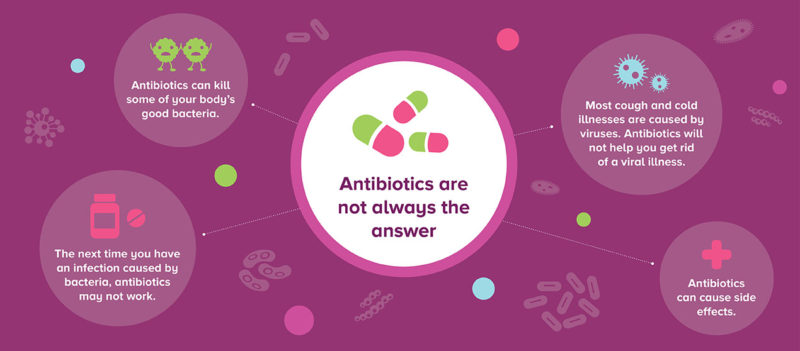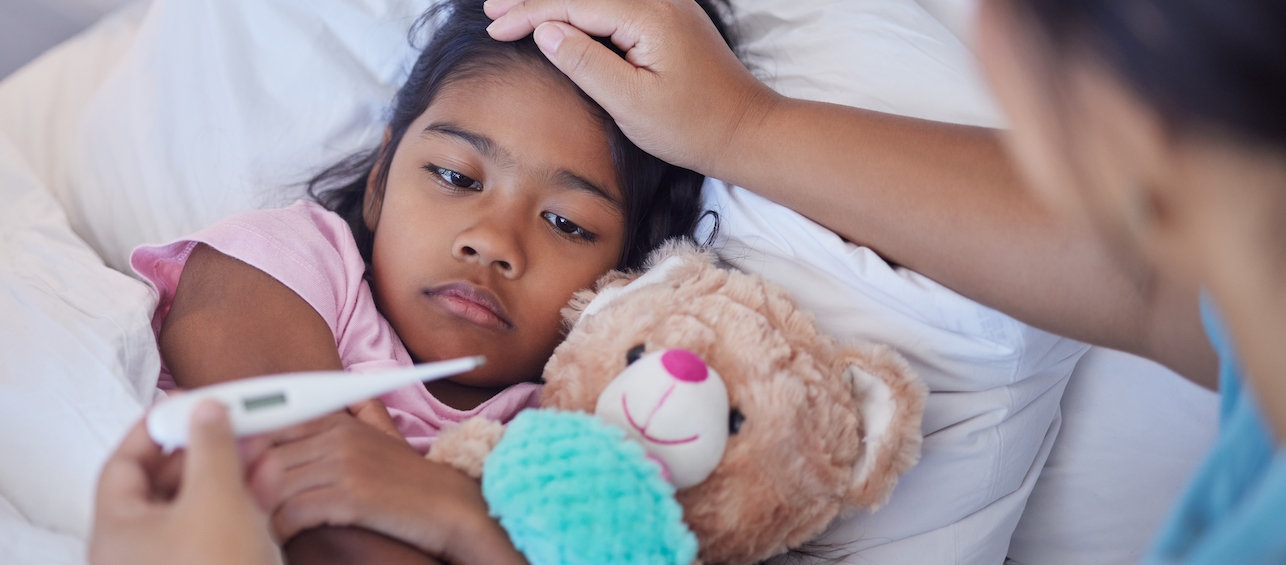You know the drill – your child wakes up feeling crummy. She or he is coughing like crazy. The poor thing sounds miserable. This is when most parents start wondering, “What does that cough mean?” It’s an understandable concern, since coughs can differ in what they sound like, how long they go on, and what time of day they bother us.
As a pediatrician, I can tell you that the symptoms that come along with the cough often tell more about an illness than the cough itself. So, in addition to the cough, I’ll want to know if your child has a runny nose. Is he congested? Has she had a fever? I’ll also ask parents if there’s been shortness of breath, if your child is turning blue while coughing, if the coughing is leading to vomiting, and whether your child has been wheezing. The related symptoms are what give us the best idea of what’s going on with your child. The cough is just one piece of what’s causing your little one to feel so gross.
There are some exceptions—coughs that are very distinct to particular illnesses. The coughs associated with croup and pertussis differ from those that accompany the common cold or respiratory infection. Here’s how:
Croup
- Croup is a viral infection causing a partial blockage of air as it flows through the larynx (voice box). The noise can be very frightening, and your child’s cough may sound like a seal barking.
Pertussis/Whooping Cough
- Pertussis is a highly contagious illness caused by bacteria. It typically causes violent coughing spells. When a person breathes in after one of these spells, it can cause a loud “whooping” sound (hence the name “whooping cough”).
For sicknesses other than these, your pediatrician likely will focus more on the related symptoms than on the cough itself. Take note of those symptoms so you know how to answer when you’re asked about them.
Of course the next question typically is, “How can I help my child feel better?” The current recommendation is not to give any cough or cold medicine to children under the age of 6, although I personally don’t recommend them at any age. Often, these medications tend not to work well, no matter what the child’s age. Sometimes they cause more side effects than they’re worth, plus there are so many formulations that dosing can be tricky, especially if you’ve already given your child another medication like acetaminophen or ibuprofen.
Instead, try helping your child feel better by taking these steps:
- Increase the amount of fluids your child is getting.
- Use a saline nose spray to help clear your child’s nasal passages and help loosen up mucus.
- Ease congestion by letting your child sit in a bathroom filled with steam from a hot shower.
- Try a teaspoon of honey before bed to help with cough only if your child is over age 1.
- Use a humidifier in your son or daughter’s room at night.
- Soothe sore throats with throat lozenges if your child is old enough not to choke on them.
Remember that with a respiratory illness, a cough can hang around for up to two weeks or sometimes even longer. It can take some time for it to work its way through a kid’s system. Hang tight and know that it won’t last forever. If you have any concerns or if your child seems to be getting worse instead of better, don’t ever hesitate to contact your pediatrician and have your child examined.






Thank you. Two nights ago, my 4 year old grandson, woke up with a croupy cough. My son said “I’m handling it, with cup of water. I proceeded to tell him to get the shower going for steam and sit with him. Told my husband to get out cool mist humidifier and got that going. I then warmed chicken noodle soup broth. My grandson started feeling better and slept rest of night. Grandmas come in handy sometimes.